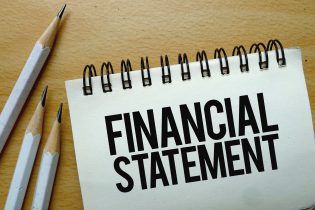How Much Money Do You Need to Buy a Property in NYC?
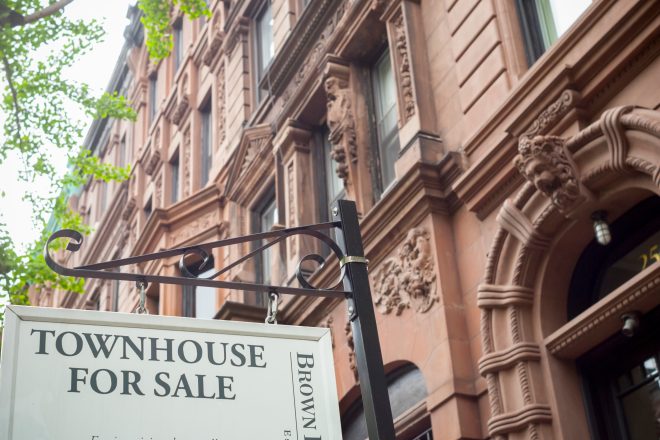
Table of Contents
Budgeting to Buy Property in NYC
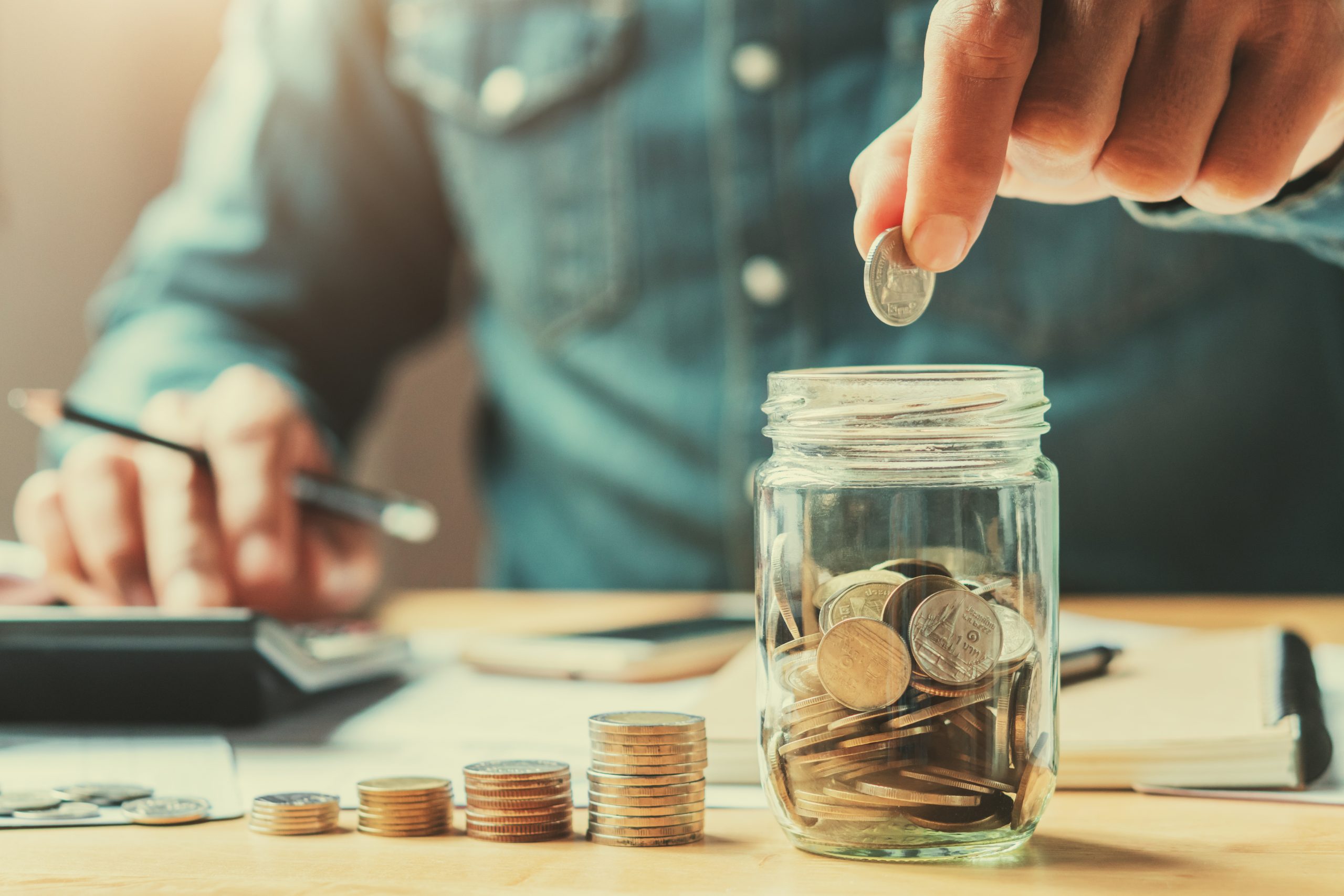
The amount of money you need to buy a property in NYC depends on how much you earn and what kind of home you want to purchase. Combine these considerations with a bit of luck, and you can find an affordable condo or co-op in New York City that meets your needs without busting the bank.
On this page, we will discuss the different types of properties available for purchase in NYC, as well as the amount of money you need for a downpayment, a mortgage, closing costs, and monthly carrying costs. With this information, you can begin to get a better picture of how your own financial system fits into the New York real estate market.
Co-ops vs. Condos: Types of Property in NYC
When deciding on your budget for buying a home, you should consider what kind of property in NYC you are looking to own. There are two main types of NYC residential properties: co-ops and condos. In this section, we will break down the differences.
Co-ops in NYC
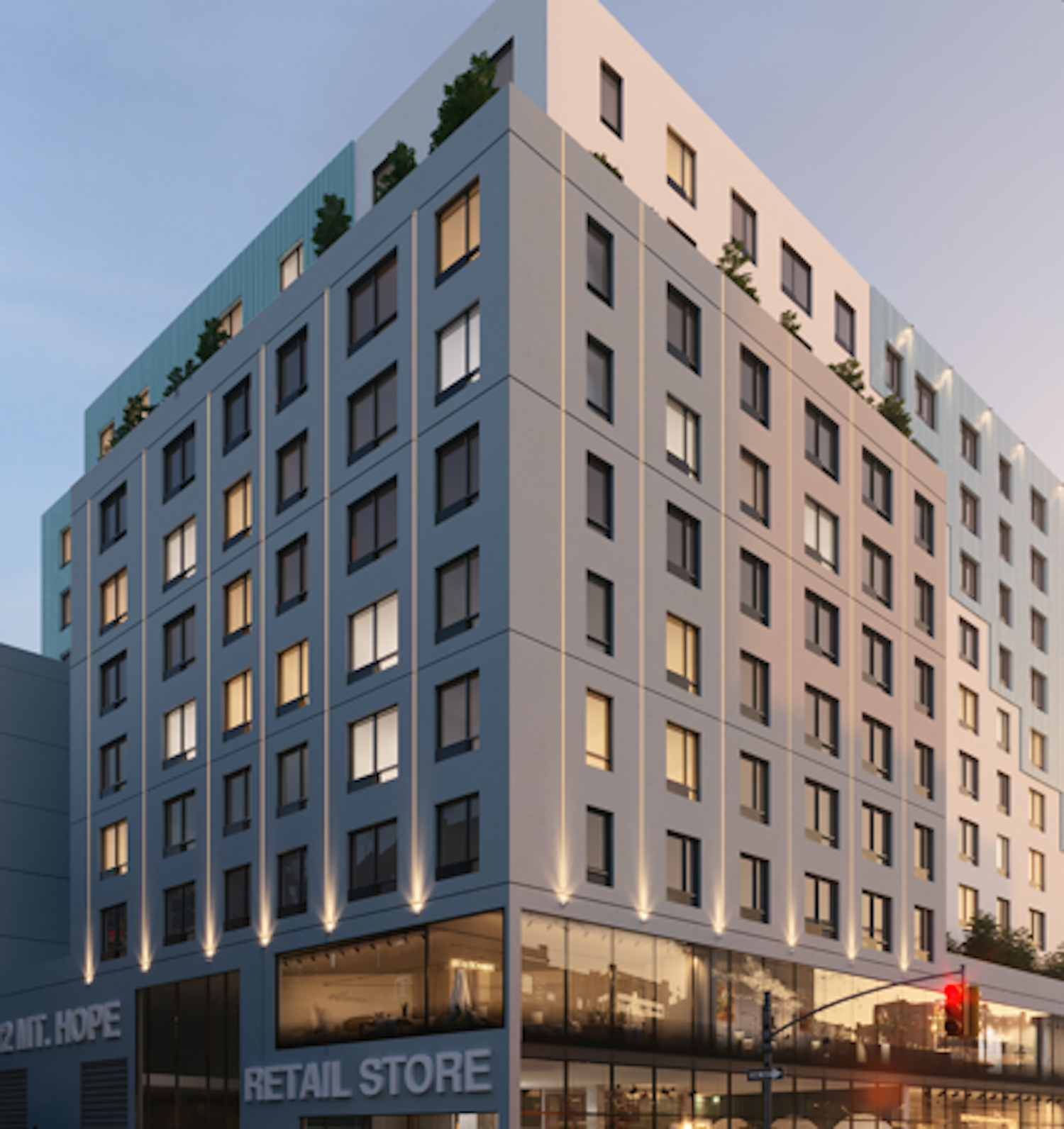
Co-ops are a common type of residential property in which the building is more than just a building–it’s a corporation. The corporation has its own board and bylaws, and the tenants are the shareholders.
When you purchase a co-op unit, you are not buying the actual unit. Instead, you are signing a proprietary lease, also known as an occupancy agreement, that allows you to live in your apartment when you purchase a corresponding number of shares in the co-op. The amount of shares you purchase is proportionate to the value of your apartment–including its square footage and desirability, as well as a portion of the common areas.
How Much is a Co-op In NYC?
On the whole, co-op units tend to be cheaper than condo units. Right now, the median asking price for a Manhattan co-op unit is $800k. Since co-ops are governed by boards, they come with some drawbacks like strict rules and regulation that can lower the price for these units. They are also typically older buildings, further lowering the value of a unit.
Condos in NYC

Unlike co-ops, condos are real estate. This means that you are purchasing the actual, physical property, not just shares in the building. While this brings some amazing perks, it also means that prospective NYC home buyers should have some additional funds ready if they want to purchase a condo.
How Much is a Condo in NYC?
Condos tend to be more expensive than co-ops. The data shows that right now, the median price for a Manhattan condo is $2 million.
Why are condos more expensive? For one, they tend to be newer than co-ops, most of which underwent conversion in the 60s and 70s. The newer the building, the more luxuries and amenities it is likely to have, raising the price.
Additionally, since condos are actual real estate, they can be rented out or sublet in accordance with state and city law. This makes them great investment properties that come at a premium. On the other hand, co-ops usually have rules about how you can use your property that limit your freedom to sublease or renovate. The flexibility of condos adds to their value.
Down Payments on NYC Properties
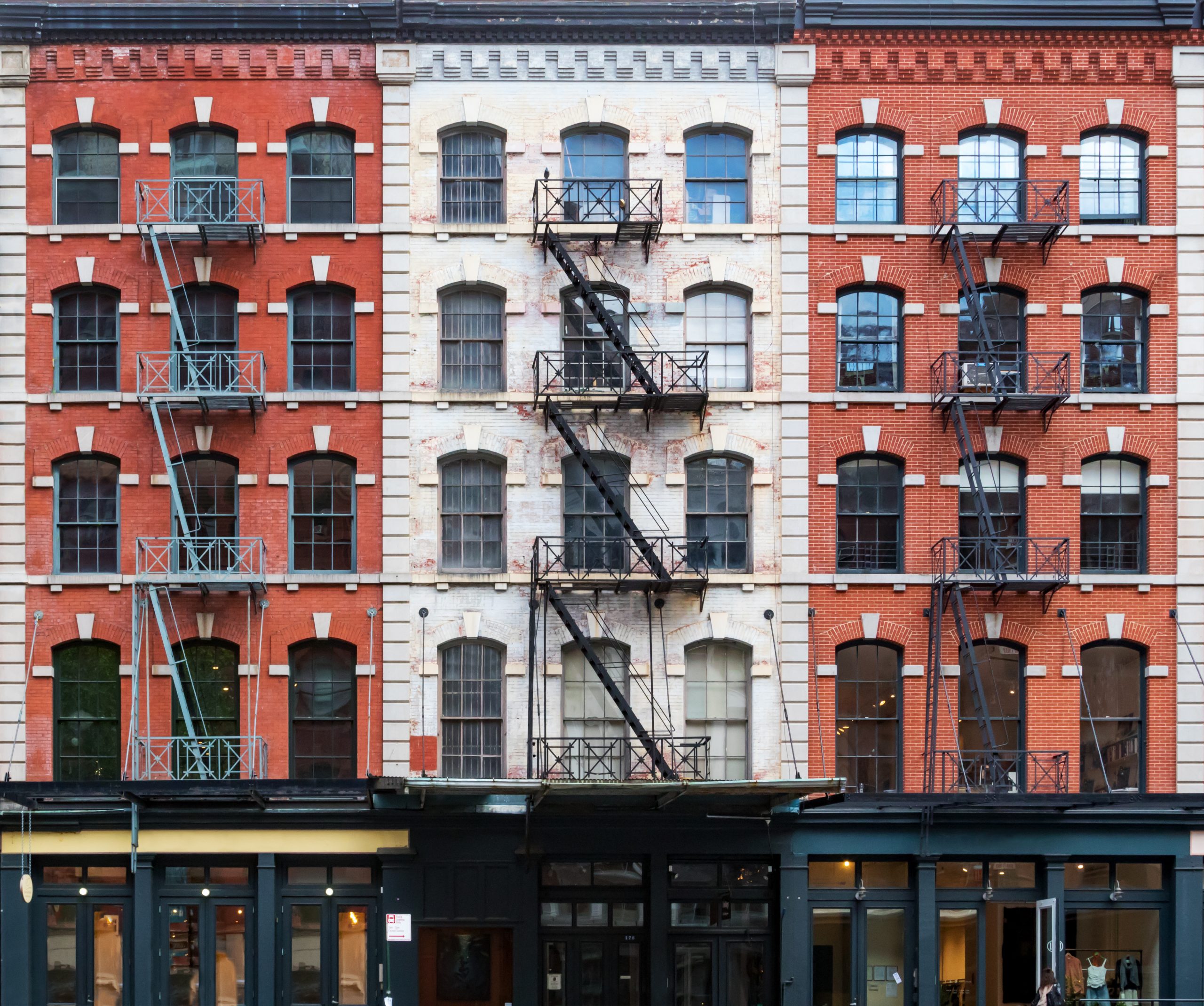
How much should you have saved before you purchase a home in NYC? Well, that will depend on if you are purchasing a co-op or a condo.
Down Payments on NYC Co-ops
Most co-ops in New York City require that you put 20% of the purchase price as the down payment. This 20% is the standard rate that banks like to see when lending. By paying the full 20%, you may have an easier time getting a loan and you are less likely to have high interest rates.
Down Payments on NYC Condos
On the other hand, many condos in NYC require a less substantial down payment to offset their higher costs. You can find condos for as little as 10% down, but this does come with some drawbacks. The lower your initial down payment, the more difficulty you may find when securing a loan. You can also be subject to high interest rates from your lender, and additional costs like mortgage insurance.
Mortgages for NYC Home Buyers
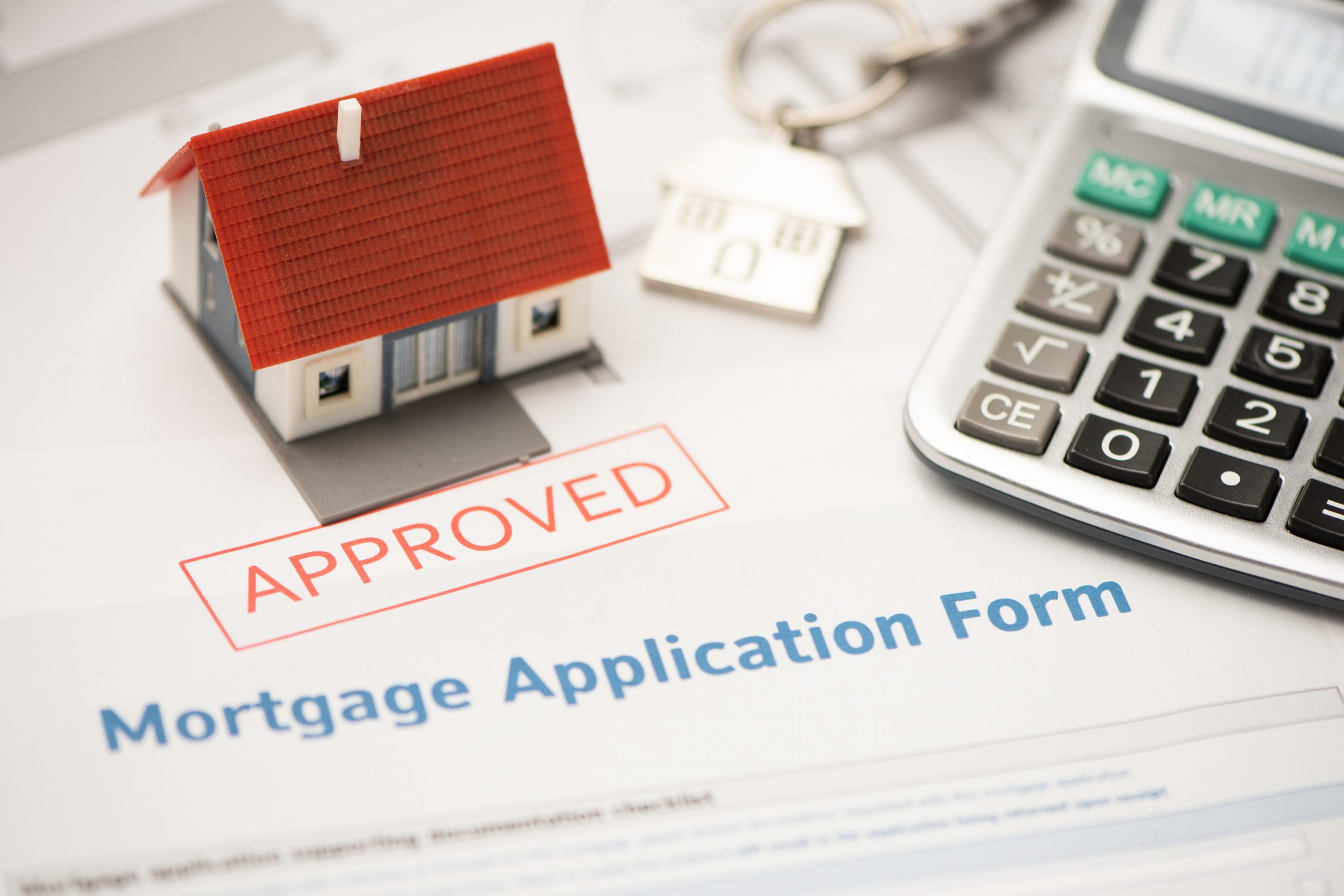
Right now, mortgage rates are high across the board, even if you pay 20% down. This is because of policies enacted by the Federal Reserve to try to curb the rampant inflation that has driven up prices across the country this year. While this will hopefully lead to lower home costs in the future, right now inflation and high interest rates are combining to make home prices soar.
At the moment, NYC mortgage rates are at:
- 5.86% for a 30 year fixed rate mortgage
- 5.06% for a 15 year fixed rate mortgage.
So when you are calculating the cost of your home, do not just look at the final purchase price. Be sure to consider the cost of your mortgage as well.
Adding Up the Closing Costs
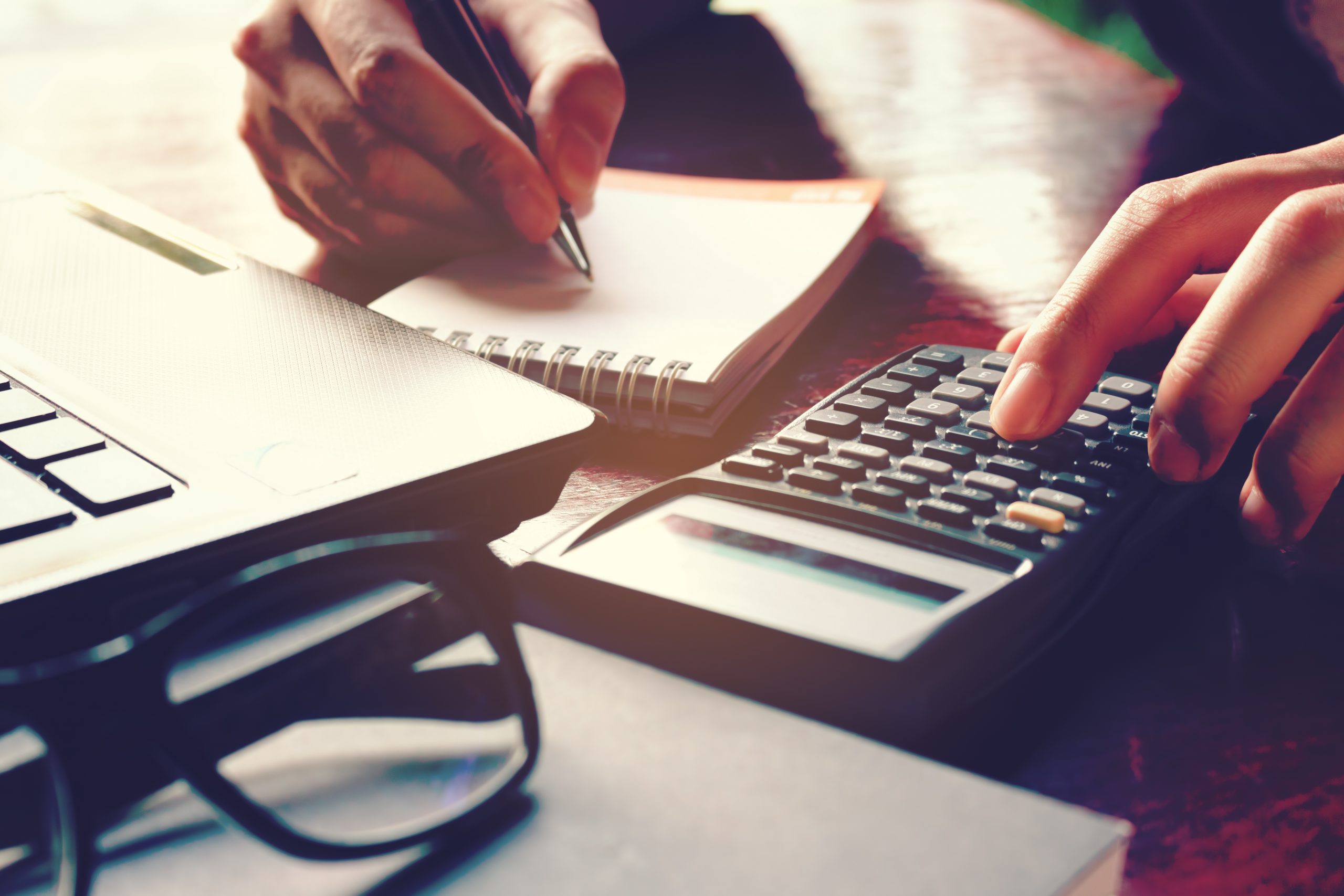
Once you calculate the price and add in your mortgage rates, you should also add in the closing costs. These are one time expenses that come with finalizing the purchase of your apartment unit. Major closing costs include the one time taxes, service fees, and other miscellaneous expenses.
Closing Taxes: Real Estate Transfer Tax, Mansion Tax, and More
New York State charges a real estate transfer tax on every purchase of real estate, and New York City adds an additional real property transfer tax (RPTT) on top of that. The rate of these taxes depends on the cost of the property as well as class of the home: for example, is it a large apartment building, or a single family home.
Oftentimes this transfer tax is paid by the seller, but this can change depending on the type of unit you are purchasing. If the unit is a condo that has never been sold before, known as a “sponsor unit,” then you may be responsible for paying this tax. You can try to negotiate for the seller to take on this tax burden with the help of your real estate broker.
In addition to the transfer tax, you may also have to pay a mansion tax. This is a one time tax on all homes over $1 million. While the state imposes a flat 1% mansion tax, NYC adds an additional sliding scale mansion tax that can go up to 3.9%.
Finally, you may have to pay a mortgage recording tax. This registers your mortgage with the state.
Unlike regular real estate taxes, these one time closing costs are not generally tax deductible.
Service Fees and Miscellaneous Expenses
If you use the services of a real estate attorney, real estate broker, or real estate agent, then you will need to pay their service fees when you close on your apartment. You will also have to pay bank fees associated with taking out your home loan, as well as other miscellaneous expenses like title insurance, application fees, and filing fees.
Monthly Fees: Taxes, Maintenance Fees, and Common Charges

Monthly carrying costs are the additional bills you receive month to month that are not your mortgage. This includes your standard real estate taxes, as well as the maintenance fees and common charges that keep your building running.
Real Estate Taxes
These taxes are owed on all real estate in NYC, and they can be deducted yearly when you file. For co-op owners, these taxes are paid by the co-op for the whole building and then passed on to you via co-op fees. For condo owners who actually own real estate, these taxes are paid directly.
To calculate the amount of property estate taxes you will owe, check out New Dev Rev’s handy guide here.
Maintenance Fees and Common Charges
These are monthly expenses that go to keeping up the common areas and amenities in your building. The more amenities and services you have, the more expensive your charges. These are called maintenance fees in co-ops and common charges in condos, but they are functionally the same.
To cut down on the amount of monthly fees you have to pay, shop for a home that only has the amenities you see yourself using. There is no point in having (and paying for) a pool, sauna, entertainment center, etc., if you never use them. Discuss which amenities you want to prioritize–and which you want to avoid–with your real estate agent.
Contact a Real Estate Expert About the Cost of Buying and Owning Property in NYC
Ultimately, the amount of money you need to have prepared before you purchase a property in NYC will depend on your needs. Discuss your specific financial situation and what you want from a home with your agent. They are real estate experts who can guide you through the New York market to the home of your dreams.
Start the process today!
In the meantime, keep reading New Dev Rev for more financial tips and new development news.

